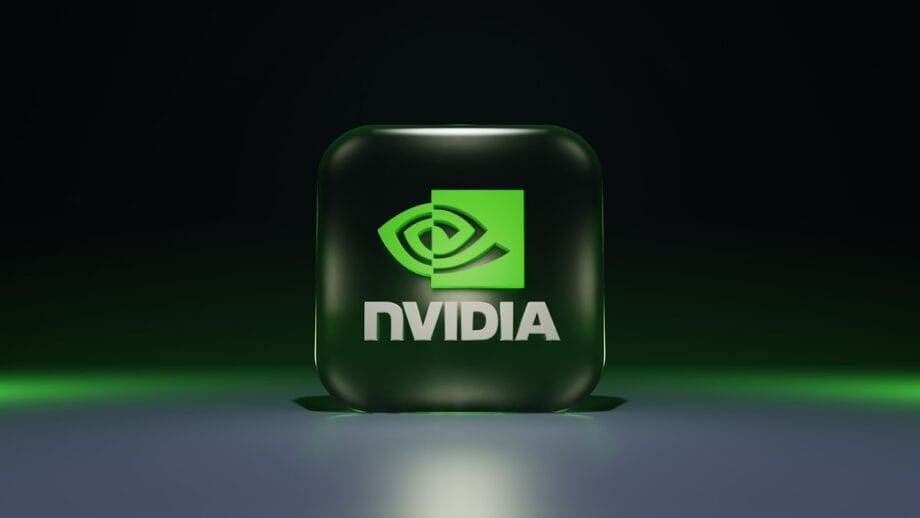A passerby strolls past a striking Atlas 900 AI cluster on display at the Huawei booth during the World Artificial Intelligence Conference, held at the Shanghai World Expo and Convention Center on July 28, 2025.
BEIJING — In a significant development, the telecommunications behemoth Huawei unveiled its latest computing systems designed to enhance artificial intelligence capabilities utilizing proprietary Ascend chips. This move intensifies the competition against its American counterpart, Nvidia.
The company revealed plans to introduce the formidable Atlas 950 SuperCluster as early as next year.
In light of U.S. strategies aimed at restricting access to advanced semiconductors essential for training AI models, many Chinese firms have resorted to integrating numerous less efficient, domestically produced chips to simulate comparable computing prowess.
Huawei’s AI infrastructure comprises a supercluster linked to several superpods, which are themselves constructed from multiple supernodes. The foundational supernodes rely on Ascend chips, employing innovative system design techniques to mitigate challenges posed by U.S. sanctions.
The new Atlas 950 supernode is said to support a staggering 8,192 Ascend chips, while the SuperCluster is projected to exceed 500,000 chips.
A more advanced iteration, the Atlas 960, expected to debut in 2027, would support 15,488 Ascend chips per node, culminating in over one million chips for the entire supercluster, according to Huawei’s projections.
The comparative efficacy of these systems vis-à-vis those powered by Nvidia chips remains somewhat nebulous. However, Huawei asserts in its press release that these new supernodes will maintain their status as the world’s most powerful in terms of computing capability for the foreseeable future.
“The timing of Huawei’s announcement regarding its computing advancement aligns with the recent surge in the Chinese government’s commitment to self-sufficiency in domestic chip technologies,” remarked George Chen, partner and co-chair of the digital practice at The Asia Group.
While Chen advised caution regarding Huawei’s potential embellishment of its technical caliber, he emphasized that the company’s ambition to ascend as a global leader in AI “should not be underestimated.”
Research firm SemiAnalysis recently identified that Huawei’s CloudMatrix system outperformed Nvidia’s, despite each Ascend chip delivering a mere one-third of the performance of its Nvidia counterpart. Huawei’s superiority stems from deploying five times the number of chips.
“Computing power remains, and will continue to be, paramount for AI development,” stated Eric Xu, Huawei’s vice chairman and rotating chairman, during a press conference to kick off the company’s annual Huawei Connect event in Shanghai, which runs through Saturday.
Two years prior, at the same event, Huawei introduced its Atlas 900 SuperCluster. Currently, the company markets an “Atlas 900 AI Cluster” comprising “thousands” of Ascend chips.
Increasing Pressure on Nvidia

Huawei’s revelations arrive as China intensifies its promotion of domestic alternatives to Nvidia. Earlier this week, trade discussions between the two nations in Spain concluded with a focus on resolving ongoing tensions, particularly surrounding the U.S. operations of TikTok, owned by the Beijing-based startup ByteDance.
In a marked escalation, China announced on Monday its decision to extend an investigation into Nvidia concerning purported monopolistic behaviors.
The pressure on Nvidia has escalated, with its shares tumbling over 2% on Wednesday after the Financial Times reported that China had instructed local tech giants to halt testing and orders for the Nvidia RTX Pro 6000D chip.
Nvidia CEO Jensen Huang expressed his “disappointment” upon hearing of the reported ban, having previously characterized Huawei as a “formidable” rival.
Source link: Cnbc.com.






